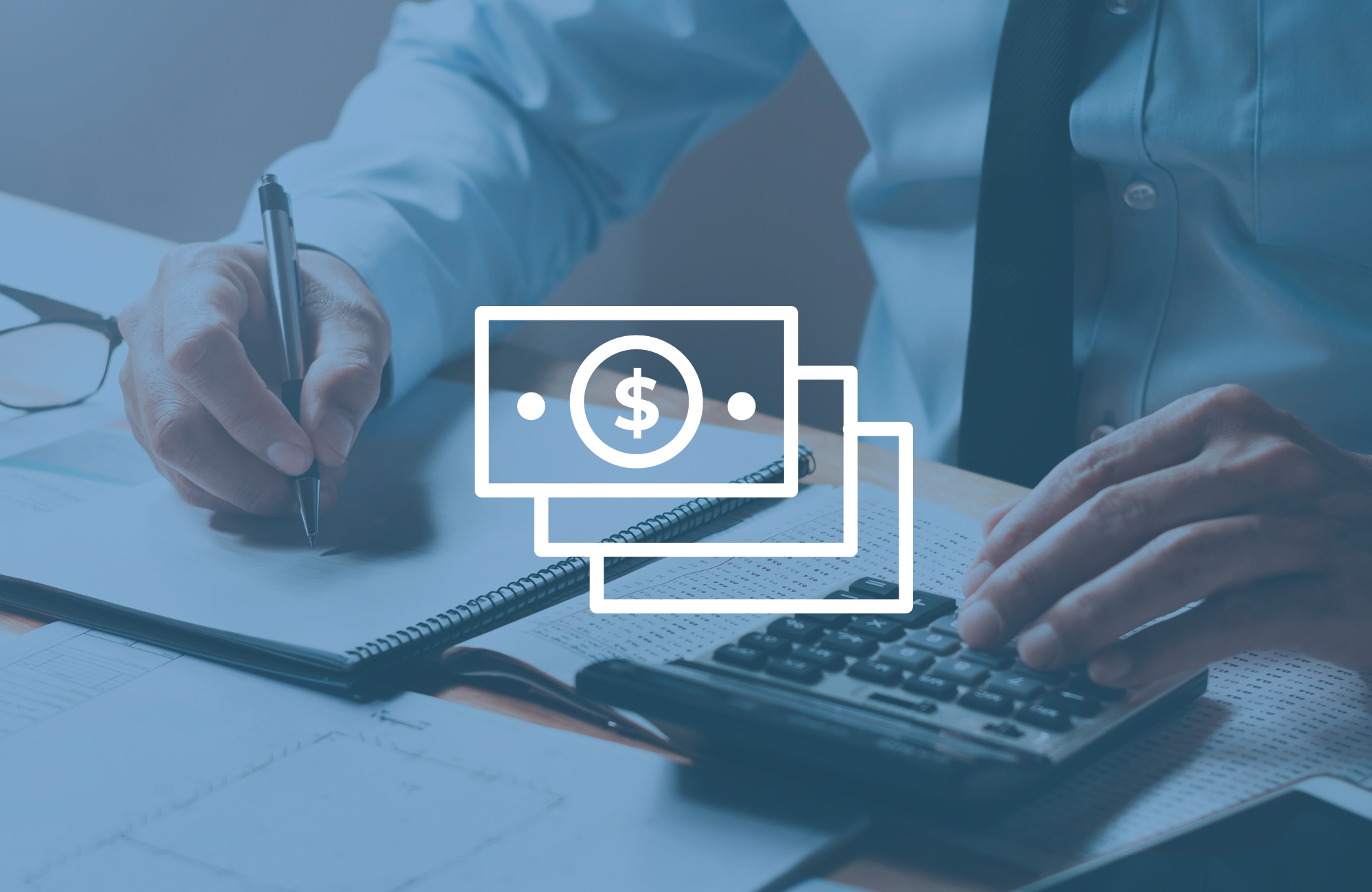
What Are Closing Costs and Why Do You Pay Them?
What Are Closing Costs and Why Do You Pay Them?
Most first-time buyers walk into the mortgage process knowing that they’ll be making a downpayment on their home purchase. But if you’re buying or refinancing a house, you need to be prepared to pay “closing costs” as well.
“Closing Costs” are the various fees associated with closing on a real estate transaction, such as title policies, inspection fees, mortgage origination fees, prepaid insurance and taxes, and more.
When will you find out how much you’ll need to pay in closing costs?
When you’re applying for a loan, a lender is required to send you a Loan Estimate within three days of receiving your full application. This estimate will let you know what you can expect to pay in closing costs, and will also provide you with other important information, including your loan terms, estimated interest rate and monthly payment. Of course, this is just an estimate and is subject to change.
You’ll receive another document three days prior to your closing date, known as the Closing Disclosure. The Closing Disclosure outlines your final loan terms and provides a more accurate breakdown of your mortgage closing costs.
How much will you pay in Closing Costs?
As a general rule of thumb, closing costs are typically 3% to 6% of the home’s purchase price. The total dollar amount paid in closing costs can vary vastly, depending on property location and the value of the home you are purchasing.
So, in theory, if you’re buying a $200,000 house, your closing costs could vary between $6,000 and $12,000.
Closing costs typically include:
One-time Closing Costs and Fees: Origination fees, points, appraisal fee, credit report fee, flood certification, title search and lenders title insurance, attorney and closing/settlement fees, etc.
Escrow and Pre-paid Expenses: Taxes and other government fees, pre-paid homeowner’s insurance, up-front mortgage insurance premiums, pre-paid interest, escrow payments, etc.
Some lenders and loan scenarios allow you to roll your closing costs into your mortgage rather than paying them upfront, however, you will have to pay interest on them throughout the life of the loan.
In some instances, the sellers can pay a portion of the buyer’s closing costs, if an agreement is made in negotiations. Each loan program has unique rules and guidelines for how much a seller can contribute toward the borrower’s closing costs.
If you don’t have a lot of cash on hand to put toward your closing costs, there are certain grants available that can help. Speak with your loan officer to see if you qualify for down payment or closing cost assistance grants, which do not need to be repaid.
The information contained herein (including but not limited to any description of TowneBank Mortgage, its affiliates and its lending programs and products, eligibility criteria, interest rates, fees and all other loan terms) is subject to change without notice. This is not a commitment to lend.
< Go Back
